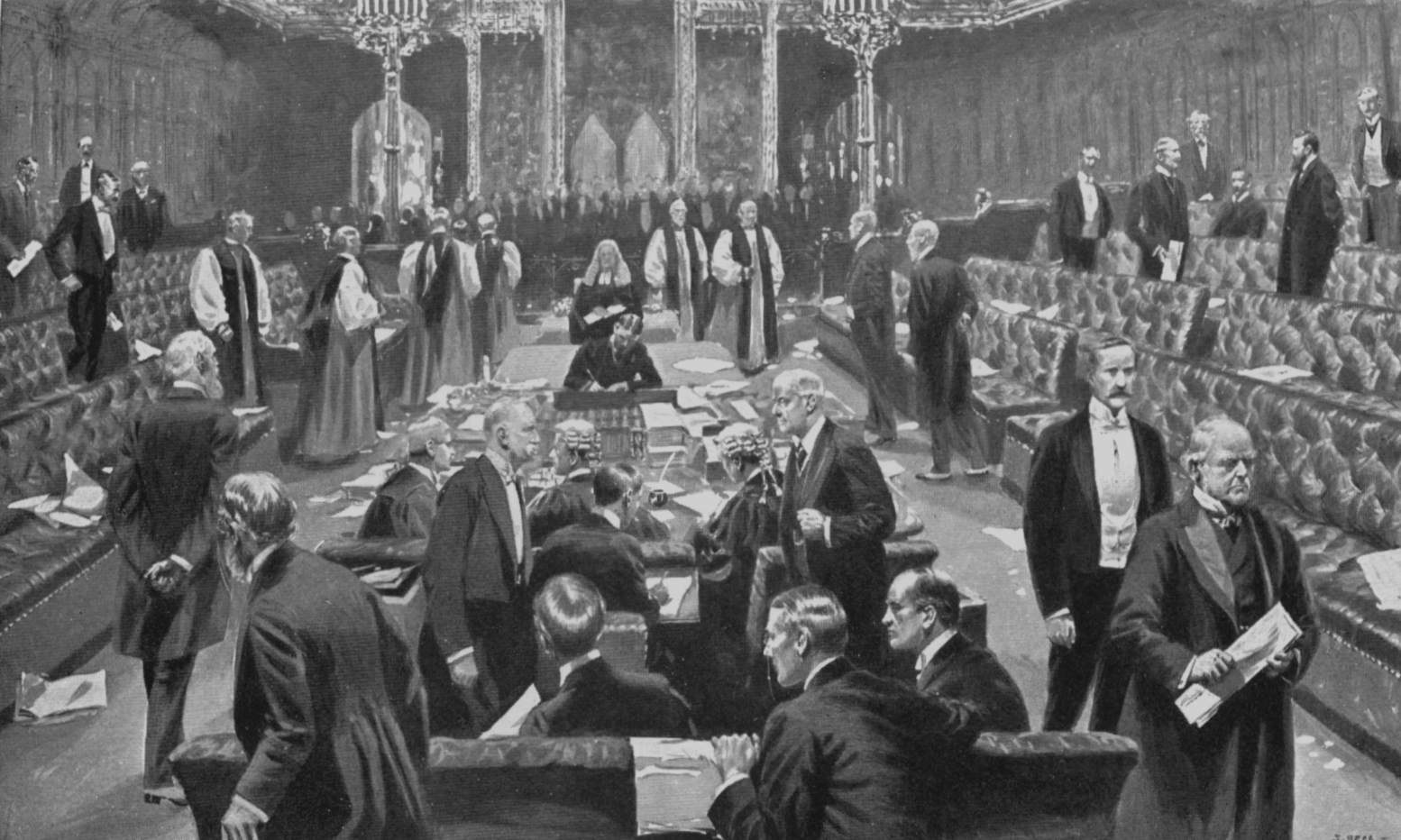India, renowned for its rich history and diverse culture, has a past marked by the struggle for independence. This struggle was not only shaped by key figures like Mahatma Gandhi and Subhash Chandra Bose but also by pivotal legislative acts and laws imposed by the British colonizers. Let's journey back in time and revisit the five critical acts and laws that significantly affected the Indian independence struggle.
India's Freedom Saga: Five Acts that Paved the Way
India • 1 Aug, 2023 • 21,726 Views • ⭐ 5.0
Written by Shivani Chourasia

The Regulating Act of 1773

The Regulating Act of 1773 was the British Crown's initial attempt to regulate the operations of the East India Company in India. It was a direct consequence of the financial crisis of the Company in England and various allegations of widespread administrative malpractices in India. This act marked the start of the British government's increased interference in Indian affairs, leading to a continuous struggle for power and the ultimate quest for independence.
The Indian Councils Act of 1909 (Morley-Minto Reforms)

The Indian Councils Act of 1909, also known as the Morley-Minto Reforms, was a significant step forward in the Indian political arena. It introduced the system of separate electorates for the Muslim community, fueling the divide-and-rule policy of the British. This policy laid the foundation for communal tensions, a factor that significantly impacted the course of the independence struggle.
The Rowlatt Act of 1919

The Rowlatt Act of 1919 was a legislative black act that empowered the British government to imprison any person suspected of terrorism living in British India for up to two years without a trial. The act led to widespread discontent and protest, marking a distinct shift towards mass, non-violent resistance. This ultimately resulted in the tragic Jallianwala Bagh massacre, fuelling the nationalistic spirit among Indians.